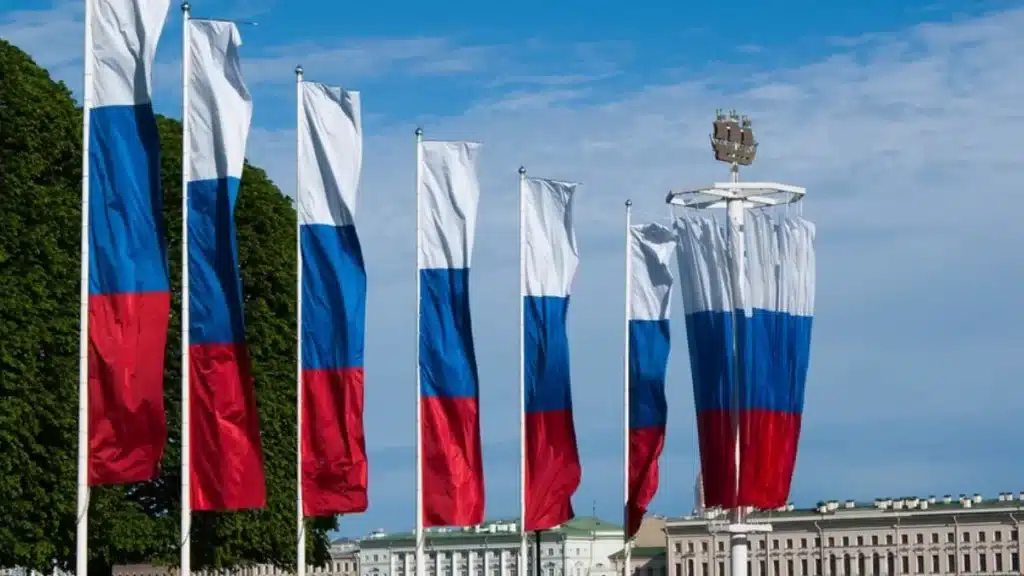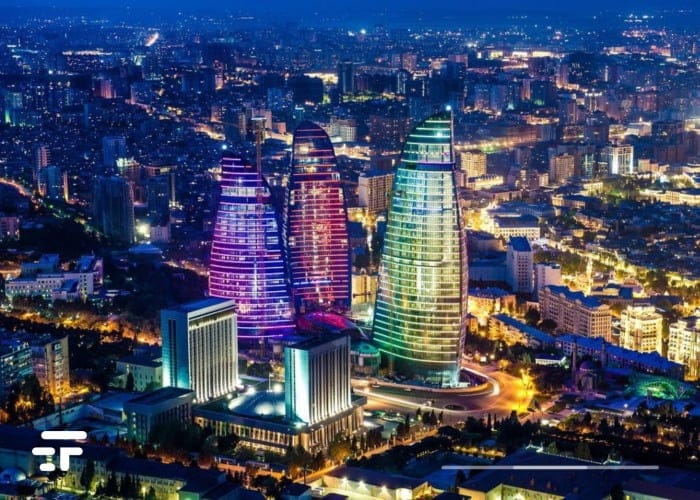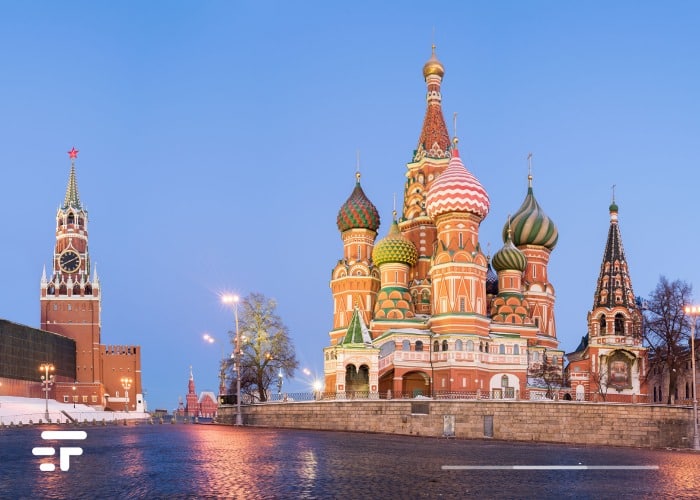It seems that Russian technology companies are looking for safer and more productive fields of operation: since the conflict in Ukraine broke out five weeks ago, nearly 70.000 IT specialists, frightened by the risks of economic and political crisis, have left the country. Others may follow.
Russian President Vladimir Putin himself noted the brain drain: this week he reacted to the dangers of exodus with a provision which eliminates income taxes until 2024 for those who work in companies in the IT sector.
There is no doubt that the deterioration of ties with Russia is catastrophic damage for all of Europe. Russia has a lot to lose by moving away from the West: Europe has a lot to lose by moving away from it.
That said, there are also countries that see this situation as a potential gain: an opportunity to “buy” high-tech experts into their companies.
How many Russian brains are there?

Sounding the alarm about the extent of this apparent brain drain is Sergei Plugotarenko, the head of the Russian Association for Electronic Communications, an industry lobby group.
“The first wave – 50.000-70.000 people – has already started,” Plugotarenko told a parliamentary committee.
Only the high cost of flights out of the country prevented an even larger mass exit. However, another 100.000 tech workers could leave Russia in April, Plugotarenko predicts.
Konstantin Siniushin, managing partner of Untitled Ventures, a technology-focused venture capital fund based in Latvia, says Russian tech companies with international clients had no choice but to relocate, as many foreign companies are hastily moving away from anything Russia-related.
They had to leave the country so their business could survive or, in the case of R&D workers, they were relocated from headquarters.
His Untitled Ventures is helping the transition: The company has tracked two flights to Armenia with 300 tech workers from Russia on board.
Some neighboring countries are eager to reap dividends.
Who profits from the Russian brain drain?
Many people among these Russian “high-tech exiles” are not in such a hurry to return to their homeland. A small group of Europeans with EU visas have established residency in Poland or the Baltic states of Latvia and Lithuania.
Armenia, Georgia and former Soviet republics of Central Asia they are among the countries where Russian citizens do not need visas. For those wondering, there is also the opposite flow. Millions of people, sometimes slightly less skilled, regularly flee economically fragile nations such as Armenia, Georgia and Central Asian states to a relatively richer Russia.
Russian talents, of course, are the most coveted. A report on the Global Skills Index reveals that they generally score among the highest for technology and data science skills.
This is why the hunt has begun

Ready go, the first shots had just gone off when the Central Asian countryUzbekistan has dramatically simplified the process of obtaining work visas and residence permits for IT professionals.
Anton Filippov and some of his fellow programmers from St. Petersburg moved to Tashkent, the Uzbek capital, even before the incentives were made public. “We are all young,” says Filippov, “we are under 27, and therefore we were afraid of being called to fight.”
Even Uzbekistan, however, is in turn a springboard for other shores.
For example, to stick around, there would be Il Kazakhstan. The country looks with particular interest to high-tech investors as it seeks to diversify its economy, now based solely on oil exports. In 2017, the government established a technology park in the capital, Nur-Sultan, and offered tax breaks, soft loans, and grants to anyone willing to open a shop there.
Adoption has so far been moderate, but the Kazakh hope is that the Russian brain drain will provide a big boost.
Not all countries are so anxious, though
Security concerns and suspicions that Russians may spy or commit cybercrime abroad make some governments wary of welcoming the country's economic refugees.
“Russian companies or startups cannot move to Lithuania,” he says Inga Simanonyte, advisor to the Baltic nation's Minister of Economy and Innovation. “We do not cooperate with any Russian companies and the ministry has suspended all startup visa applications since February 24.”
The IT sector in Russia is closely related to security services. The problem is that without an extremely strong control process, some governments fear the risk (probably exaggerated also by some form of prejudice) of importing parts of the Russian criminal system.
In any case, whatever the extent of the Russian brain drain, whether they choose to stay at home or move to Europe (or the USA), there is always a need for talent. The more talents will be able to operate, the greater the benefits that innovation will be able to give to the planet.


